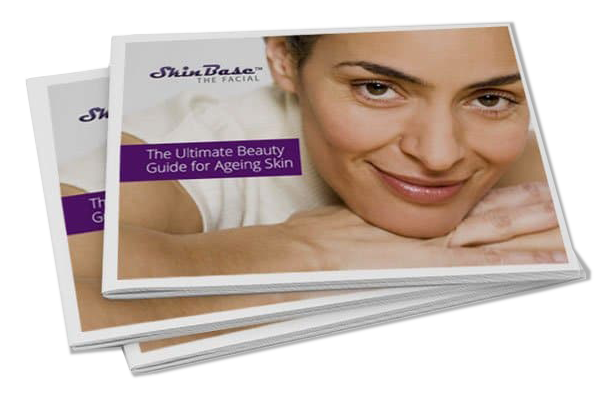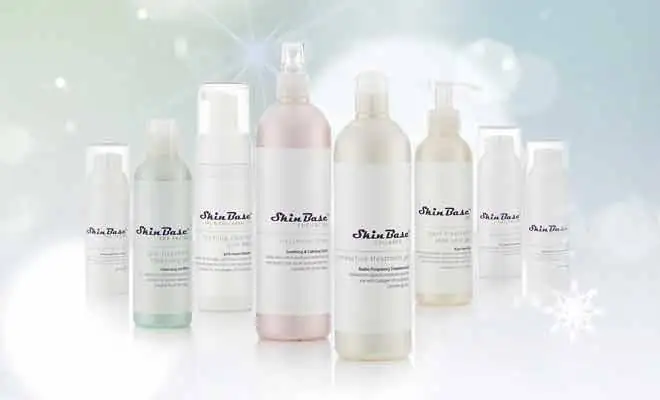Alcohol consumption has become deeply ingrained in many societies around the world, often associated with socialising, celebrations, and relaxation. While moderate alcohol consumption may not necessarily pose severe health risks for some individuals, excessive drinking can have detrimental effects on various organs, including the skin. Let’s answer the question – what does alcohol do to the skin?
Download a FREE beauty guide
Discover our collection of free beauty guides.

What Does Alcohol Do To The Skin?
Dehydration and Dryness
If you are wondering what does alcohol do to the skin, a key side effect to be aware of is dehydration. Alcohol is a diuretic, so it promotes fluid loss from the body. This can lead to dehydration, which in turn affects the skin’s appearance and health. Dehydrated skin can appear lacklustre and feel tight. Prolonged alcohol consumption can also disrupt the skin’s natural moisture balance, leading to chronic dryness and flakiness.
Premature Ageing
Another key area to consider when discussing what alcohol does to the skin is premature ageing. Alcohol contributes to the formation of free radicals in the body – highly reactive molecules that damage cells and accelerate the ageing process. Over time, this oxidative stress can lead to the breakdown of collagen and elastin fibres, which are essential for maintaining skin elasticity and firmness. The result is the appearance of fine lines, wrinkles, and sagging skin.
Inflammation and Redness
Alcohol can also impact on the body’s inflammatory response, which can show up on the skin. Alcohol consumption dilates the blood vessels, leading to increased blood flow and a flushed appearance. In individuals with existing skin conditions such as rosacea, alcohol can trigger flare-ups and worsen symptoms. Chronic alcohol abuse can also impair the immune system, making the skin more susceptible to infections and slowing down the healing process.
Acne and Breakouts
For those with acne-prone skin, alcohol can be a significant trigger. Hormone levels in the body are affected by alcohol consumption. In particular, the production of cortisol is increased. Cortisol is a stress hormone that can contribute to the overproduction of oil in the skin. This excess oil, along with bacteria, clogs the pores, leading to the development of acne and exacerbating existing breakouts. As mentioned above, alcohol weakens the immune system. Therefore, minimising the skin’s ability to fight off acne-causing bacteria.
Poor Nutrient Absorption
What does alcohol do to the skin? Interferes with the body’s ability to absorb essential nutrients, including the vitamins and minerals necessary for maintaining healthy skin. For instance, vitamin A is crucial for skin cell renewal and repair, but alcohol inhibits its absorption. This deficiency can impair the skin’s ability to heal and regenerate, leading to a dull complexion and compromised skin health.
Disrupted Sleep Patterns
Regular alcohol consumption can also disrupt sleep patterns, leading to poor-quality sleep or even insomnia. Sleep deprivation negatively affects the skin’s health, as it is during sleep that the body repairs and rejuvenates itself. Lack of proper sleep can result in increased skin dullness, dark circles, and a lack of that radiant, rested appearance.
The NEW Ultimate Guide to Acne
Suffering from acne? We’ve compiled a brilliant FREE ebook to give you information and top tips to understand what acne is, why you get it and most importantly how to get rid of it.
Download Now

